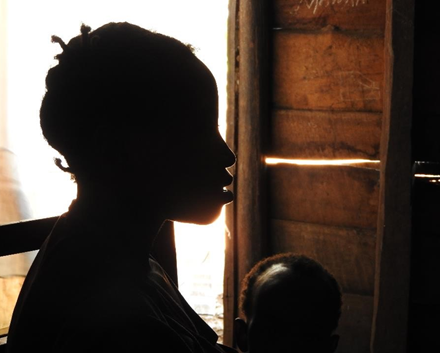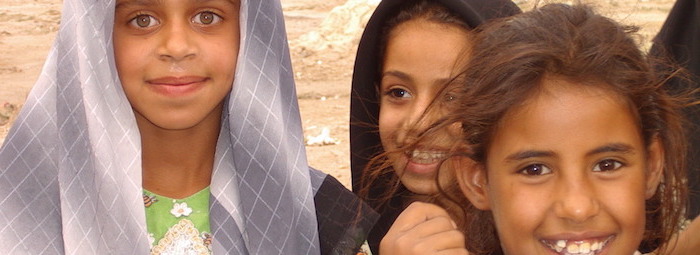Increased gender equality and improved social inclusion provide opportunities and benefits for all women, men, girls and boys and also aid sustainable development, leading to economic growth, greater agricultural productivity, and increased food security for all.
Gender is an integral component during the design, implementation, and monitoring and evaluation of all program activities, moving beyond merely counting the number of men and women reached and by applying context-specific gender considerations across program objectives to improve equity. OSC has worked to improve gender equity in development programs across more than 45 countries by incorporating gender analysis into its research, strategic development, and implementation. By integrating data from a variety of sources, OSC develops rich, contextualized analyses and utilizes its findings to develop gender strategies and behavior change solutions across key practice areas: health, democracy and governance, education and economic growth.
Health
Using a health system strengthening approach centered around family health, OSC has supported HIV-prevention, nutrition, water and sanitation, family planning and reproductive health (FPRH) initiatives around the world. Employing qualitative and quantitative base line surveys, gender barrier assessments, and gender strategies, OSC has worked to produce healthcare-related materials and programs such as a guide for integrating gender across interventions including the Champion Community model and Education through Listening. OSC is breaking new ground in its gender analyses, research and findings across supply chains and pharmaceutical systems in the Philippines and Tanzania as it relates to Tuberculosis, FPRH and antimicrobial resistance.
Democracy and Governance
OSC has worked to promote civil engagement, develop the capacity of the security and justice sector and increase government transparency in the Afghanistan, Guatemala, and Serbia. By developing communications assessments, and in one case launching an inter-agency working group, OSC has fostered dialogue and strengthened the coordination of communications activities, joint statements and media-based behavior change campaigns, which enabled government actors to address and rectify specific gender inequities.
Education
Through public education campaigns, advocacy and outreach, and media campaigns OSC has worked to build both in and out of school support to empower young women. OSC’s projects, such as the five-year Northern Education Initiative Plus, designed to provide greater access to basic education for young girls and out-of-school-children, and gender analysis for early grade reading and math activities have contributed to increased standards of education for women in areas spanning the globe.
Economic Growth
OSC’s research and gender analysis initiatives have positively influenced women’s inclusion in economic activities worldwide. Programs centered around income generation and livelihood development, improved market and value chain inclusion, and have been employed to empower women in the workplace and promote economic growth in underdeveloped communities in Zambia, DRC, Afghanistan, Indonesia and Iraq.
Highlighted Projects
Counter Gender-Based Violence Program
OSC partnered with IMA World Health (now Lutheran World Relief) and USAID to produce a comprehensive communications plan for their joint Counter Gender-Based Violence Program in the Democratic Republic of Congo. The plan communicated messaging to key audiences including survivors of SGBV, male and female community members in target areas, and general audiences to help communities respond to and prevent SGBV. OSC then carried out an impact evaluation that helped quantify the effectiveness of the work and inform the next round of programming.
Regional Afghan Municipalities Reform Program for Urban Populations
As part of the Regional Afghan Municipalities Program for Urban Populations (RAMP-UP), OSC collaborated with USAID to help increase women’s employment opportunities, involvement in the community and government decision making and basic quality of life through by increasing literacy, vocational training and work opportunities.
Gender Barriers Study for Improving the Health of Mothers, Newborns and Children in Mali
OSC conducted a qualitative study as part of the Improving the Heath of Mothers, Newborns and Children in Mali project on behalf of the Canadian Red Cross. This project was a four-year initiative designed to improve the health of more than a million mothers and children around Mali. OSC’s qualitative study helped to inform the development of the project’s activities and to revise the gender strategy.


